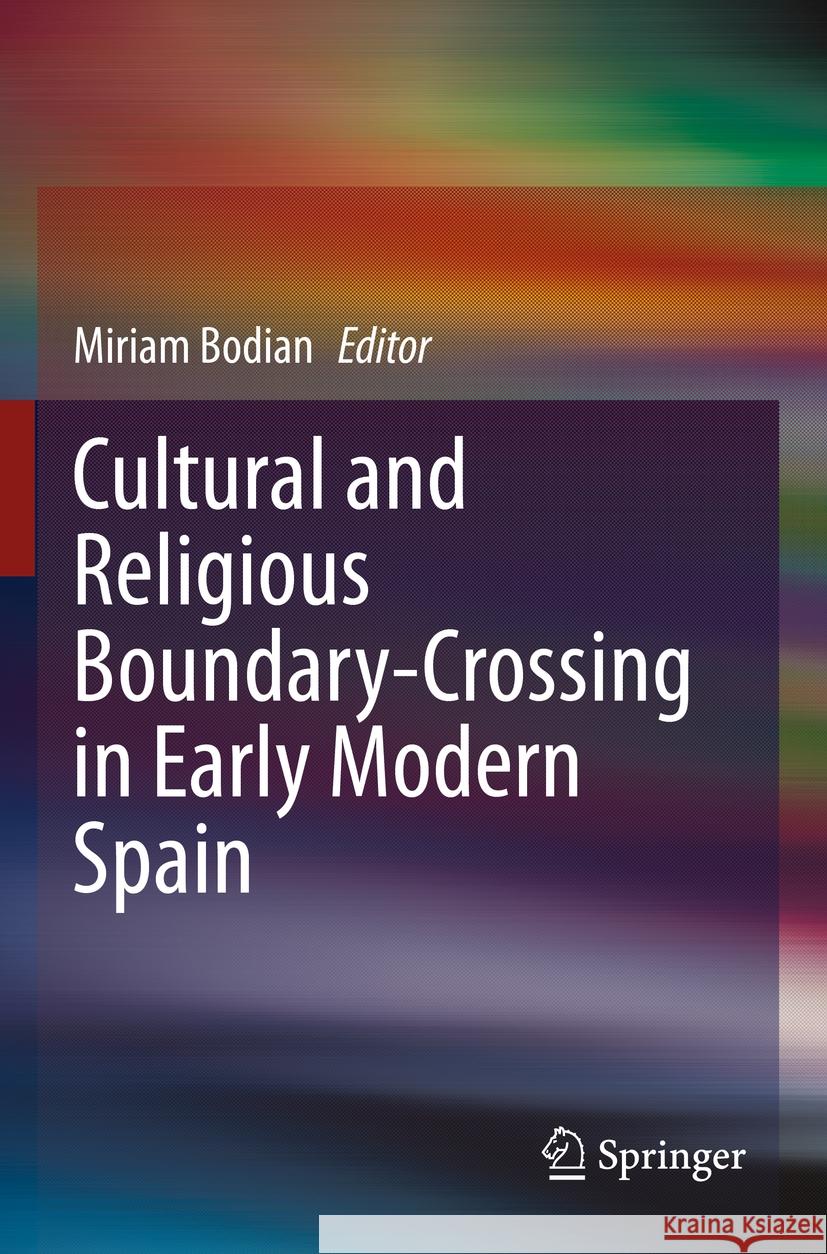Cultural and Religious Boundary-Crossing in Early Modern Spain » książka
topmenu
Cultural and Religious Boundary-Crossing in Early Modern Spain
ISBN-13: 9783031184260 / Angielski / Miękka / 2023
Cultural and Religious Boundary-Crossing in Early Modern Spain
ISBN-13: 9783031184260 / Angielski / Miękka / 2023
cena 462,63 zł
(netto: 440,60 VAT: 5%)
Najniższa cena z 30 dni: 459,42 zł
(netto: 440,60 VAT: 5%)
Najniższa cena z 30 dni: 459,42 zł
Termin realizacji zamówienia:
ok. 20 dni roboczych.
ok. 20 dni roboczych.
Darmowa dostawa!
This book brings together the work of scholars who are exploring the entanglement of traditions and identities among the three major religio-ethnic groups in early modern Spain. The contributions reveal a broad shift in early modern Spanish historiography in recent decades. This text challenges a traditional conception according to which the historical trajectories of “Old Christians,” judeo-conversos (henceforth “conversos”), and moriscos (baptized Muslims and their descendants) were essentially separate. This volume appeals to students and researchers working in such fields of religious studies.
Previously published in Jewish History Volume 35, issue 3-4, December 2021
Chapter Conversos, Moriscos, and the Eucharist in Early Modern Spain: Some Reflections on Jewish Exceptionalism is available open access under a Creative Commons Attribution 4.0 International License via link.springer.com.











